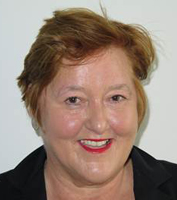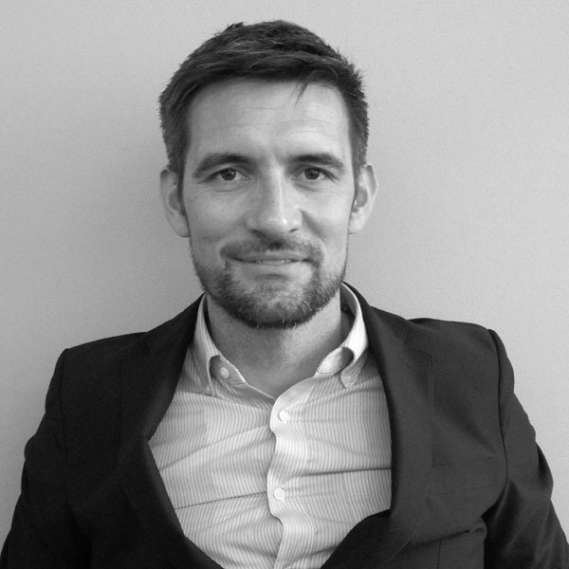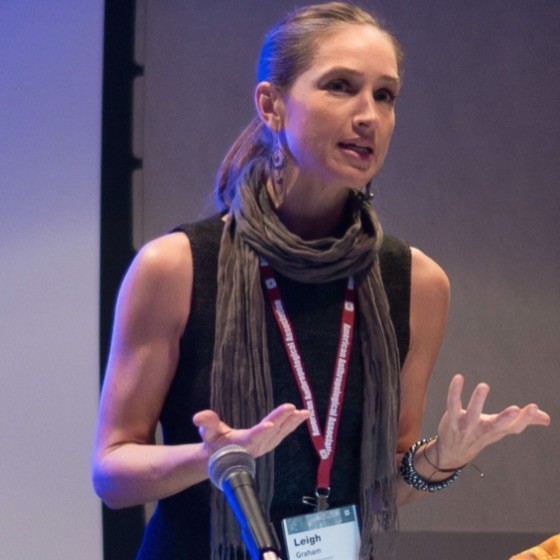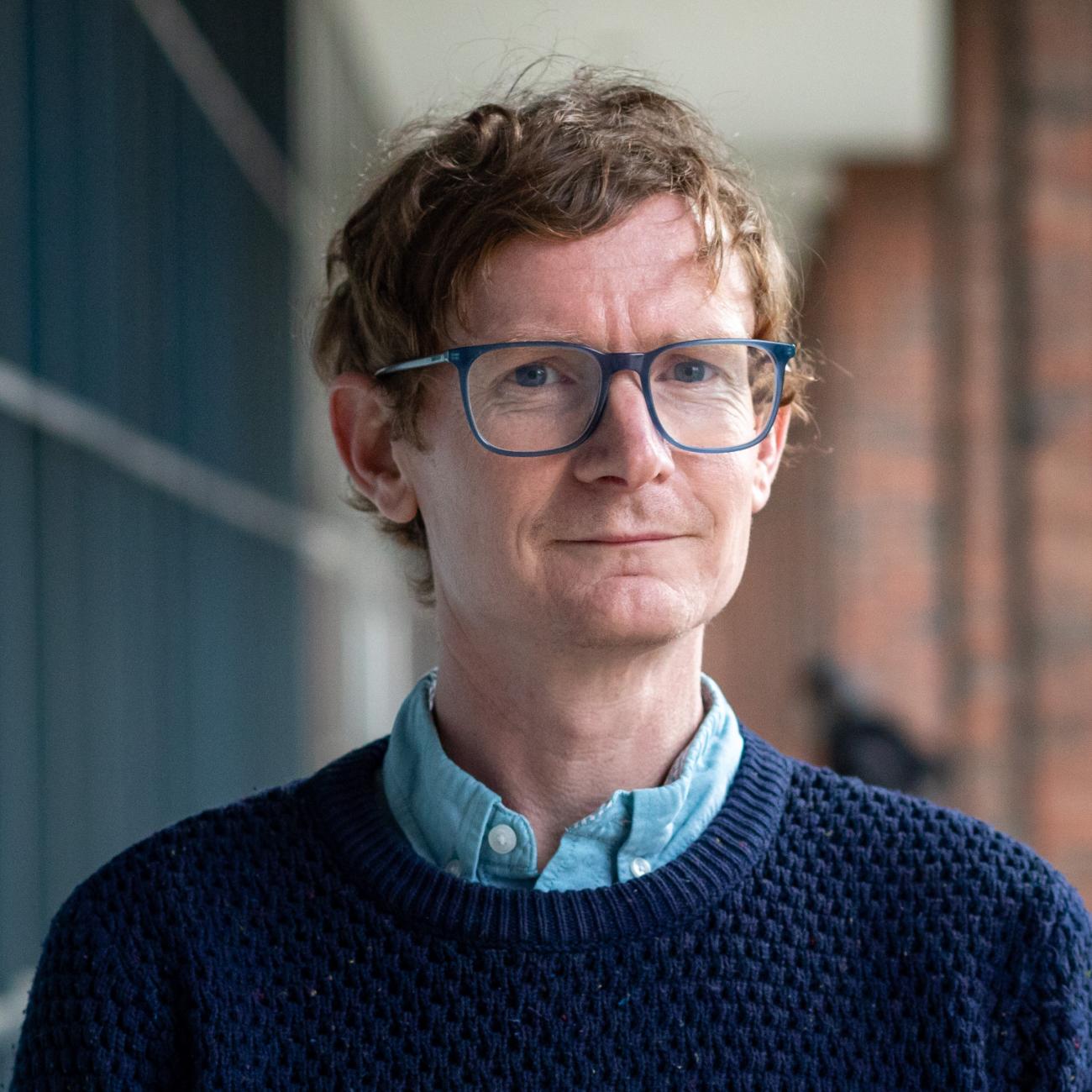Inclusion Not Exclusion: Comparative Educational Perspectives at the Heart of Sustainable Development
GCES Symposium 2015
Get in touch
GCES Symposium 2015
Sixth Annual GCES Symposium
The theme of the 6th Annual Symposium was “Inclusion Not Exclusion: Comparative Educational Perspectives at the Heart of Sustainable Development.” The theme drew upon concerns about the place of education in today’s society and specifically reflected on the trends and developments within the Gulf region. The symposium examined the role of education in national and international endeavors for social progress and focused on the sustainability of these education initiatives. It also explored the growing pressure for broader inclusion in education, which has become central to policy and practice within the Gulf region. In bringing together academics, researchers, policymakers, and educators, the symposium explored issues relating to identity, culture, early education, special education needs, teacher training, equality, and diversity.

Keynotes and Guest Speakers
Dr. Louise Morley
Louise Morley is a professor of education and director of the Centre for Higher Education and Equity Research (CHEER) at the University of Sussex, United Kingdom. Louise has an international profile in the field of the sociology of gender in higher education and has made keynote conference presentations on five continents
She is currently completing research on women and leadership in higher education in South Asia for the British Council and is about to commence work on a Marie Skłodowska-Curie-funded project, Higher Education Internationalisation and Mobility: Inclusions, Equalities, and Innovations (HEIM). Dr. Morley has also undertaken research for the Leadership Foundation for Higher Education on women and leadership for the ESRC/DFID on Widening Participation in Higher Education in Ghana and Tanzania and for the Carnegie Corporation of New York and the Department for International Development on Gender Equity in Commonwealth Universities. She has published widely in the field of higher education studies.
Dr. Morely is a Fellow of the Academy of Social Sciences; a Fellow of the Society for Research into Higher Education; a Senior Research Fellow with the Centre for Gender Excellence, University of Örebro, Sweden; and the 2013-2014 Inaugural Chair, Women’s Leadership Centre, Universiti Kebangsaan, Malaysia.
Jeremy Rappleye
Raised in California, completing his doctorate in Comparative Education at Oxford, and living in East Asia (Japan, China, Taiwan) for more than 10 years, Jeremy Rappleye’s research centers on educational borrowing, particularly its theoretical, historical, and cross-cultural dimensions. His books include Exploring Cross-National Attracting in Education (2007), Reimagining Japanese Education (2011), and Educational Policy Transfer in an Era of Globalization (2012). Other works include a co-authored piece entitled “Between Faith and Science: World Culture Theory and Comparative Education,” recently awarded the George Bereday Award (2013). Dr. Rappleye is currently an Associate Professor at Kyoto University and a member of the Hakubi Project. Living in Japan for more than seven years, he continues to remain enchanted by the ways that Japan borrows, adapts, and continually creates, all without losing sight of the deeper questions and with minimal global recognition. He urges all conference participants to visit “the island” at least once in their lives, stay long enough to go deeper, and yet also resist the temptation to “Orientalize” by making it the exotic “other” for one’s own domestic political projects. For those who indeed do make it to Kyoto with an empty tea cup, Dr. Rappleye would welcome all visitors for that deeper conversation
Leigh Llewellyn Graham
Leigh Llewellyn Graham is an anthropologist interested in education as cultural practice. She holds master’s degrees in Islam and Muslim–Christian relations from Georgetown University and in international education development from Teachers College, Columbia University. In May 2014, she completed her PhD in anthropology and education at Columbia University. She specializes in ethnographic research methods and comparative education policy.
Dr. Graham’s work examines social transformation at the confluence of technological innovation, economic development, and political change in comparative global contexts. From 2010- 2011, she taught at a private women’s university in Jeddah while conducting a multi-sited ethnographic study of online education, cybercultures bodies, and the networked lives of university women in Saudi Arabia. Critical approaches to division of labor and politics of the body undergird her thinking about power relations and cultural (re)production in the digital age.
Her current publications and projects look at peer-to-peer teaching and learning on the internet, citizen discourse about law and policy via social media, and links between autodidacticism and entrepreneurship.
She is currently based at the Max Planck Institute for Social Anthropology, Department of Law and Anthropology, where she is conducting research on higher education policy, technological innovation, and social mobility in the Arab Gulf.
David Keane
David Keane is Senior Lecturer in law at Middlesex University. He holds a BCL (law and French) from University College Cork, Ireland, and an LLM and PhD from the Irish Centre for Human Rights, National University of Ireland, Galway. He was awarded a Government of Ireland scholarship for his doctoral thesis, subsequently published as a book entitled Caste-Based Discrimination in International Human Rights Law (Ashgate, 2007). This book won the Hart Book Prize for early career scholars in 2008, and was cited by the U.K. Supreme Court in its first ever decision (Regina (E) v Governing Body of JFS and another [2009] UKSC 15). He has subsequently published a co-authored book (Minority Rights in the Pacific, Oxford University Press, 2009), a co-edited book collection (The Challenge of Human Rights, Elgar, 2012), as well as a wide range of articles on a variety of legal topics mainly in the area of international human rights law in journals such as Human Rights Quarterly and the Oxford Journal of Legal Studies. He is presently Programme Leader for the LLB at Middlesex University.

Program & Schedule
The conference is aimed to stimulate discussions on educational reform in the GCC. This program provides a platform for current and future research that explores achievements, challenges and pitfalls in education. As the education landscape continues to change, it is important to explore the way former education-related practices influence how education is practiced now and in the future.
Registration Open
Workshop 1.1: A Shift Towards a More Inclusive Culture: A School Based Case Study for Change
Workshop 1.2: (in Arabic)
مهارات التعلم النشط في ضوء تحديات القرن الحادي والعشرين
Coffee break
Workshop 2.1: Understanding the Dynamics of Inclusion and Exclusion Through the Lens of Identity and Culture
Workshop 2.2: Inclusion Through Active Responding in the Classroom
Coffee break
Workshop 3: Increasing Student Achievement Through Low-Tech, Easy-to-Implement, Research-Based Strategies
Registration Open
Welcome to Dubai
Introduction to GCES
Keynote 1: Lost Leaders: Women in the Global Academy
Coffee break
Breakout Session 1.1: Exploring Education in Saudi Arabia
Breakout Session 1.2: Education at the Margins: Facilitating Meaningful Inclusion for All Children
Workshop 4: Equipping Schools to Deliver Inclusive Education
Breakout Session 2.1: Higher education in the MENA Region: For Whom?
Breakout Session 2.2: Student and Teacher Learning and the Role of School Leadership
Workshop 5: Designing Educational Research that Matters for Decision Makers
Lunch break
Keynote 2: Values, Creativity, Borrowing, and the Comparative Education Menagerie: What Sort of Strange Animal Are You?
Breakout Session 3.1: The Case Study as a Method: Education Cases from Iran and the GCC
Breakout Session 3.2: Teachers, School Leadership, and Students
Breakout Session 3.3: New Scholars’ Research
End
Featured Panel: Perspectives on Inclusion in Education
Coffee break
Breakout Session 4.1: The Role of Language in Facilitating or Preventing Inclusion
Breakout Session 4.2: Private Education, Global Development Agendas, and Evaluations
Breakout Session 4.3: Education, the Labor Market, and Inclusion in the Arab World
Breakout Session 4.4: The Potential and Pitfalls of Technology and Education
Concluding Remarks
End






